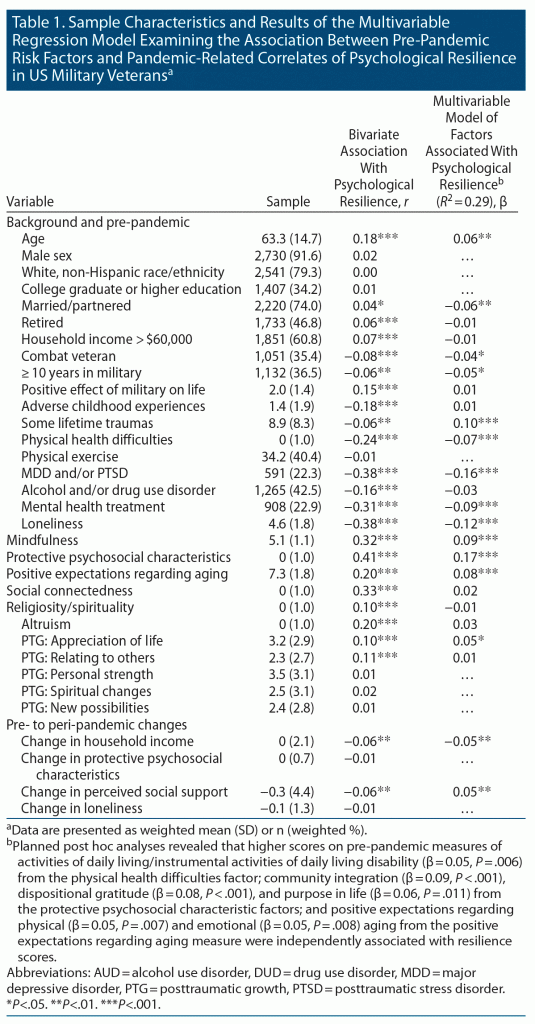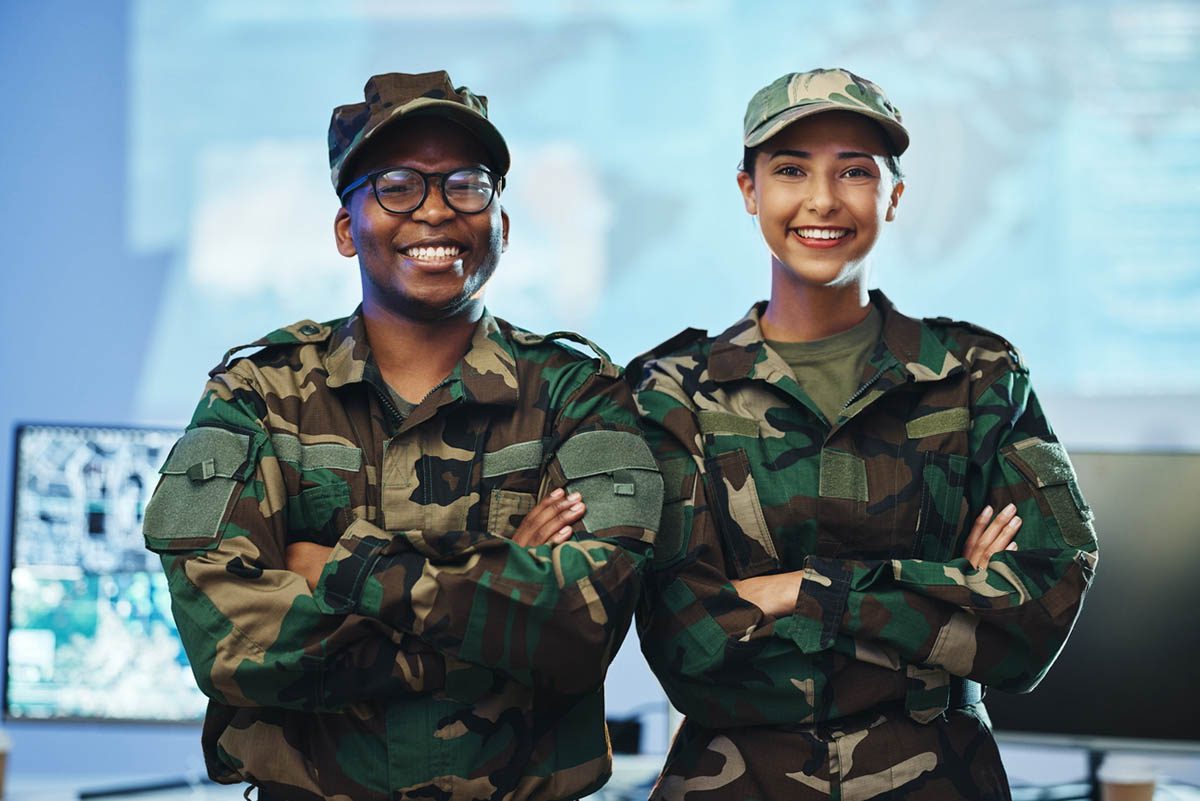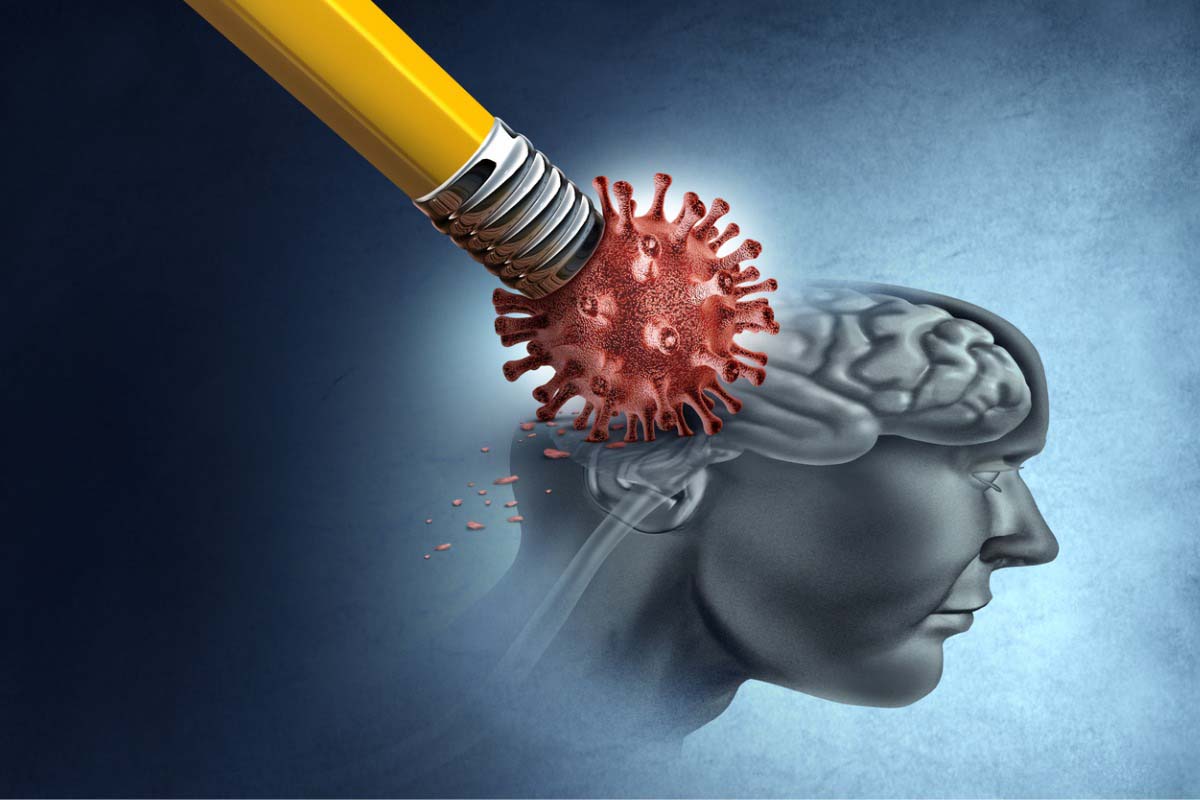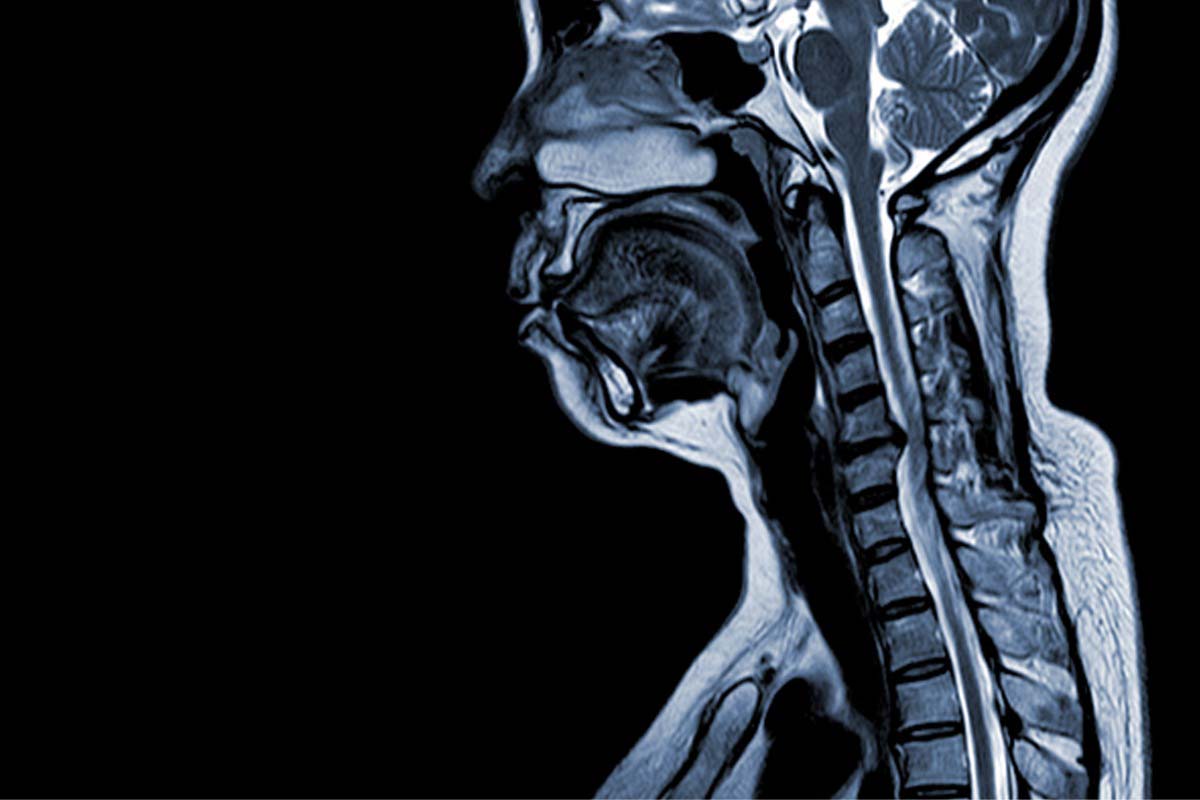
aUS Department of Veterans Affairs National Center for Posttraumatic Stress Disorder, VA Connecticut Healthcare System, West Haven, Connecticut
bDepartment of Psychiatry, Yale School of Medicine, New Haven, Connecticut
cUS Department of Veterans Affairs National Center on Homelessness Among Veterans, Tampa, Florida
dSchool of Public Health, University of Texas Health Science Center at Houston, San Antonio Campus, San Antonio, Texas
*Corresponding author: Robert H. Pietrzak, PhD, MPH, US Department of Veterans Affairs National Center for Posttraumatic Stress Disorder, VA Connecticut Healthcare System, 950 Campbell Ave 151E, West Haven, CT 06516 ([email protected]).
Prim Care Companion CNS Disord 2021;23(6):21br03075
To cite: Kachadourian L, Tsai J, Na PJ, et al. Resilience in the face of the COVID-19 pandemic: a national study of US military veterans. Prim Care Companion CNS Disord. 2021;23(6):21br03075.
To share: https://doi.org/10.4088/PCC.21br03075
© Copyright 2021 Physicians Postgraduate Press, Inc.
The coronavirus disease 2019 (COVID-19) pandemic has presented significant mental health challenges, particularly among vulnerable populations.1 For example, in military veterans with preexisting psychiatric histories, COVID-related stressors have been linked to an exacerbation of major depressive disorder (MDD), generalized anxiety disorder (GAD), and posttraumatic stress symptoms (PTSS).2
To date, research on the psychological impact of the COVID-19 pandemic has largely focused on negative outcomes. This is surprising, however, given that psychological resilience—defined as minimal psychopathology in the face of high pandemic-related stressors—is the modal response to trauma.3 Identification of factors associated with resilience to pandemic-related stressors is critical to informing therapeutic efforts to assist veterans and other vulnerable populations in coping more effectively with the pandemic. Thus, we sought to quantify resilience to pandemic-related distress and identify factors associated with greater resilience in a national cohort of US veterans.
Methods
We analyzed data from a nationally representative, prospective cohort of US veterans who participated in the 2019–2020 National Health and Resilience in Veterans Study. Of the participants, 4,069 completed a baseline assessment prior to the first documented COVID-19 case in the United States (median completion date: November 21, 2019), and 3,078 (75.6%) completed a 1-year follow-up during the fall/winter surge in the United States prior to vaccine availability for the general public (median completion date: November 14, 2020; see the Supplementary Material).
A brief version of the PTSD Checklist for DSM-54 was administered to assess pandemic-related PTSS, and the Patient Health Questionnare-45 was used to assess MDD and GAD symptoms. A multiple regression analysis was conducted to regress a composite measure of these symptoms on several pandemic-related stressors (see Supplementary Material); residual scores were then computed and inverted so that higher scores reflected greater resilience to pandemic-related stressors. A second regression analysis was then conducted to identify factors associated with greater resilience.6
Results
A total of 614 veterans (22.9%) screened positive for COVID-19–related PTSS (n = 395, 12.8%), GAD (n = 241, 10.3%), and/or MDD (n = 225, 9.5%). Among veterans in the highest tertile of COVID-19–related stressors (n = 966), 627 (63.5%) did not screen positive for any of the 3 disorders assessed.
Table 1 shows sample characteristics and results of analyses of factors associated with resilience scores. Relative importance analyses showed that greater pre-pandemic loneliness and positive screens for MDD and/or PTSD were most strongly negatively associated with resilience scores, whereas pre-pandemic mindfulness and purpose in life were most strongly positively associated with this outcome.
Discussion
Approximately two-thirds of US veterans who reported high severity of pandemic-related stressors were psychologically resilient nearly 1 year into the pandemic. This finding extends prior work on the psychological impact of the pandemic1,2 to suggest that the majority of US veterans highly exposed to pandemic-related stressors manifest resilience. One interpretation of this finding is that military training and acquisition of adaptive coping skills in managing prior stressors may help bolster resilience to pandemic-related stressors.
Pre-pandemic loneliness, MDD/PTSD, mindfulness, and purpose in life were most strongly associated with resilience, suggesting that preexisting vulnerability factors, as well as resilience-promoting factors, may help shape psychological adaptation to the pandemic. Pre-pandemic loneliness, which was deemed a “behavioral epidemic” even prior to the pandemic,7 was the strongest predictor of resilience, thus underscoring the importance of targeting loneliness as part of prevention and treatment efforts. Further, purpose in life and mindfulness, which have been linked to improved regulation of the stress response8 and are modifiable,9 may help promote resilience to pandemic-related stressors.
Further research is needed to examine the prevalence and correlates of different aspects of resilience (eg, functional resilience), identify biopsychosocial mechanisms of resilience, and evaluate the efficacy of interventions that target both vulnerability and salutogenic factors in fostering resilience to pandemic-related stressors in veterans and the population at large.
Received: July 14, 2021.
Published online: November 11, 2021.
Potential conflicts of interest: None.
Funding/support: The National Health and Resilience in Veterans Study is supported by the US Department of Veterans Affairs National Center for Posttraumatic Stress Disorder.
Role of the sponsor: The funder had no role in the design and conduct of the study; collection, management, analysis, and interpretation of the data; preparation, review, or approval of the manuscript; and decision to submit the manuscript for publication.
Acknowledgement: The authors thank all of the veterans who participated in the National Health and Resilience in Veterans Study and Ipsos staff (Washington, DC) who coordinated data collection, particularly Robert Torongo, MA, and Alyssa Marciniak, MA. Mr Torongo and Ms Marciniak report no conflicts of interest.
References (9)

- Krishnamoorthy Y, Nagarajan R, Saya GK, et al. Prevalence of psychological morbidities among general population, healthcare workers and COVID-19 patients amidst the COVID-19 pandemic: a systematic review and meta-analysis. Psychiatry Res. 2020;293:113382–113382. PubMed CrossRef
- Murphy D, Williamson C, Baumann J, et al. Exploring the impact of COVID-19 and restrictions to daily living as a result of social distancing within veterans with pre-existing mental health difficulties. BMJ Mil Health. 2020;bmjmilitary-2020-001622. PubMed CrossRef
- Bonanno GA, Westphal M, Mancini AD. Resilience to loss and potential trauma. Annu Rev Clin Psychol. 2011;7(1):511–535. PubMed CrossRef
- Weathers FW, Litz BT, Keane TM, et al. The PTSD Checklist for DSM-5 (PCL-5). 2013. National Center for PTSD. Accessed October 18, 2021. www.ptsd.va.gov
- Kroenke K, Spitzer RL, Williams JBW, et al. An ultra-brief screening scale for anxiety and depression: the PHQ-4. Psychosomatics. 2009;50(6):613–621. PubMed
- Overstreet C, DeViva JC, Amstadter A, et al. Resilience to traumatic stress in U.S. military veterans: application of a novel classification approach in a nationally representative sample. J Psychiatr Res. 2021;140:301–307. PubMed CrossRef
- Jeste DV, Lee EE, Cacioppo S. Battling the modern behavioral epidemic of loneliness: suggestions for research and interventions. JAMA Psychiatry. 2020;77(6):553–554. PubMed CrossRef
- Ishida R, Okada M. Effects of a firm purpose in life on anxiety and sympathetic nervous activity caused by emotional stress: assessment by psycho-physiological method. Stress Health. 2006;22(4):275–281. CrossRef
- Manco N, Hamby S. A meta-analytic review of interventions that promote meaning in life. Am J Health Promot. 2021;35(6):866–873. PubMed
Enjoy this premium PDF as part of your membership benefits!






